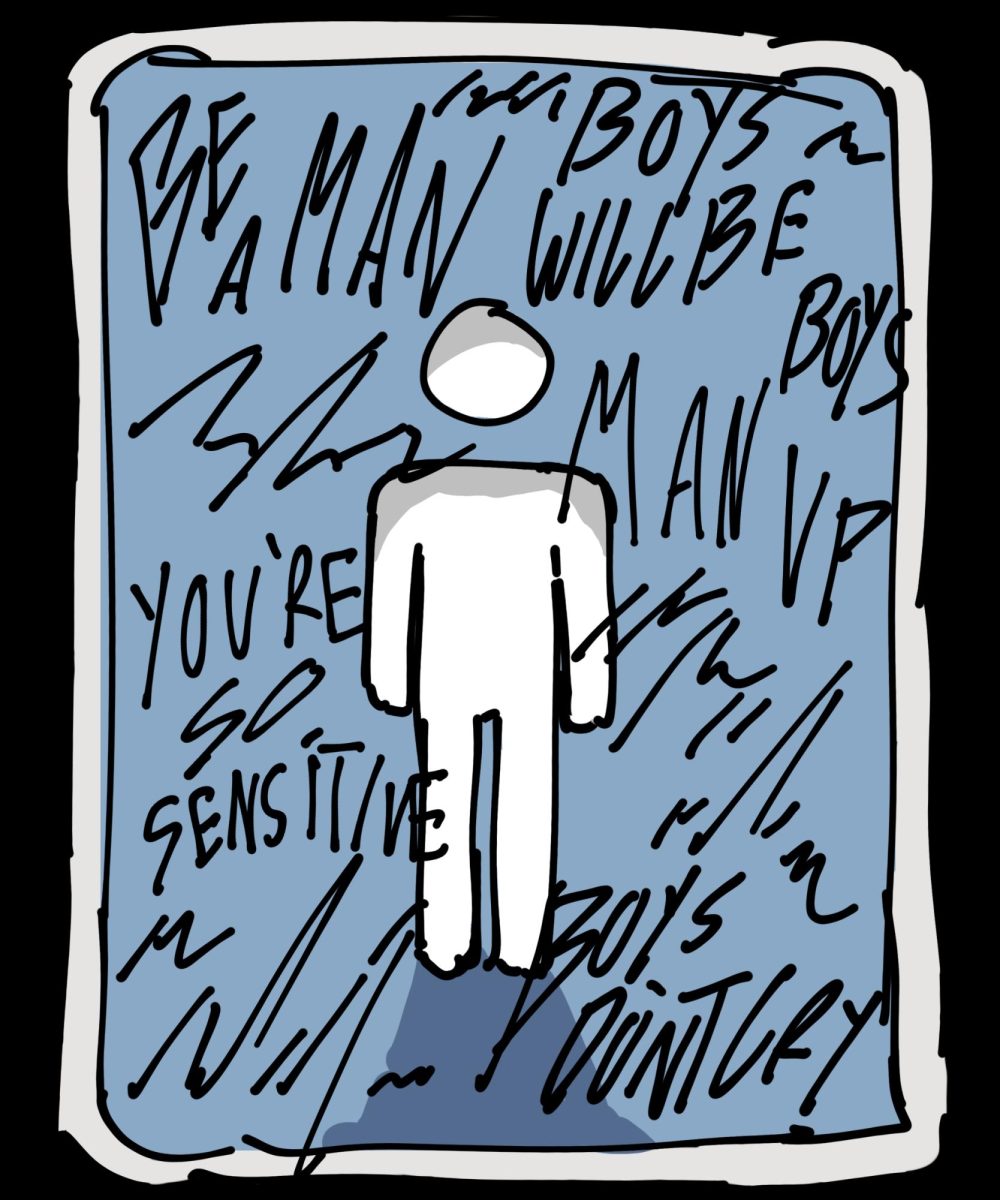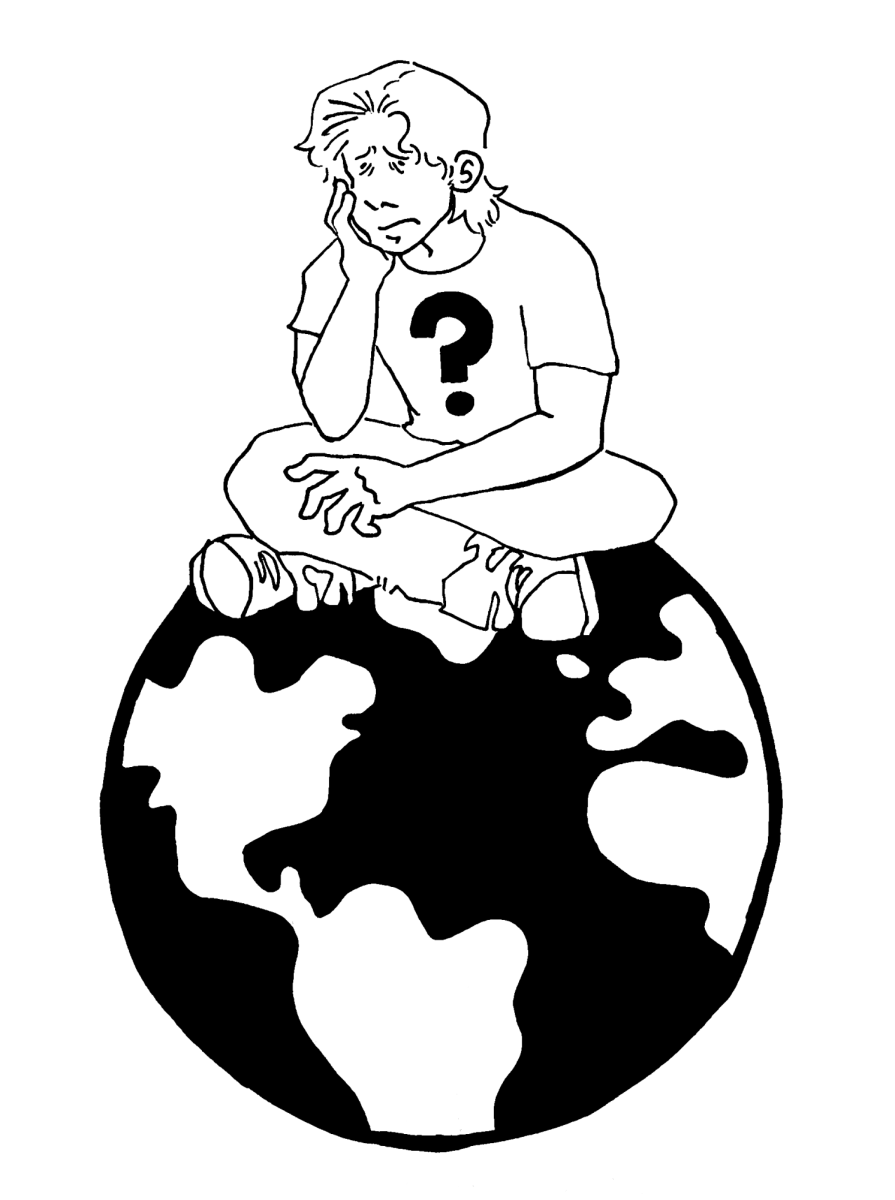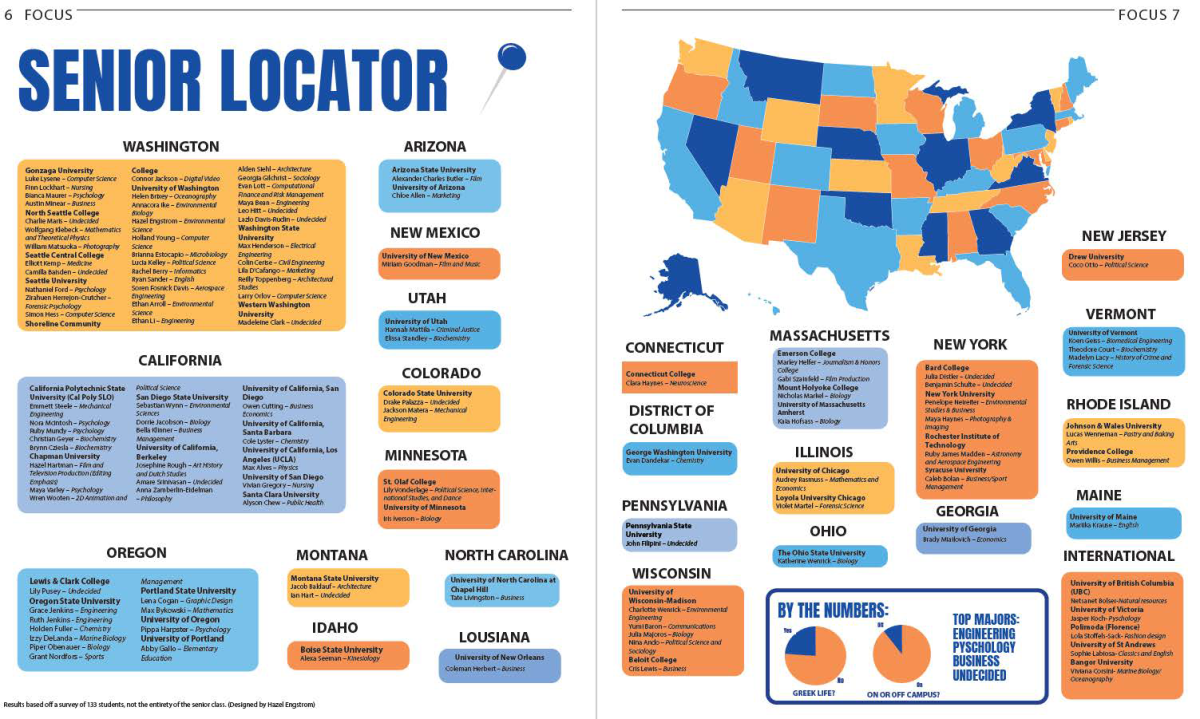In ancient Rome, a male obtained masculinity (virtus) and became a man (a viri) through resolute endeavor and activity.
In this culture, it was often that the ultimate expression of male strength was attaining and embracing expendability, this being the unflinching effort they believed equipped men with ‘manliness’.
The ideology of male expendability has evolved over time, deriving from various cultural and societal practices and norms. It, in a nutshell, places the male sex in the more disposable position in society. Furthermore it encourages men to embrace this role as the risk-takers, those who sacrifice their lives for the rest, instilling the idea that this is how men show and obtain strength.
The unfortunate truth is this ideology has not gone away and, despite the fight against gender norms and traditional masculinity in modern society, has never been fully addressed, at least not in my circle of discourse.
In meeting with the co-president of Masculine Advocating Student Council (MASC Club), Karim Rifai, we discussed the prevalence of this dynamic in today’s society.
One concept we considered at large was the patriarchal culture of the United States society and how the ideology of male expendability is mixed into said dynamic.
This ideology of male expendability can arguably find some explanation in the history of patriarchal systems in the US.
“I read this book called “Caste” that I really liked,” Rifai said. “It goes into how a social hierarchy like patriarchy puts a certain group on a pedestal above other groups, seemingly with solely benefits, but what it does is disempower both groups.”
A major question came to bat: does the patriarchy have negative effects on the male gender, such as said ideology of male expendability?
“The group that’s placed lower is disempowered in more of the physical way where they are thought of as less capable,” Rifai said. “On the other hand, the people placed in power or on top, it also takes away from them, it disempowers them to grow and learn and be different. Overall, it takes from the whole society, not just one group.”
What I realized in this conversation was that to get to a point where gender equality exists, what many are fighting for, first requires at least the acknowledgement of the negatives the male gender faces from sexism.
The patriarchy placed men in power, granting much privilege. However, it also thereby categorized men just as much as it categorized women.
Even as the major aspects of the patriarchy have been dismantled, men are still grown up to be the physical protectors of the world, to be readily disposable in the protection of mothers and children, to use their power and privilege to fight for any cause needed.
It is almost as if we have successfully guilted the men of our society, swinging around patriarchal history as bait to force men into the power roles that are statistically more dangerous and risky. We are in turn continuing the reinforcement of female weakness through this social expectation that men are the people who must be willing to die for the rest of the world.
The idea that men are to protect women is prevalently enforced today. It is almost to the point that that showcase of strength, putting oneself on the line for others, is a way of passage for men.
Historically, girls became women when they got their periods. This was true in many societies including Native American tribes, early societies in Africa and Japan as well as India.
Today, some cultures still celebrate the female period as an entrance into womanhood. While I was not surrounded by this spiritual belief growing up, I feel this moment of a girls’ adolescence was still tokenized in the communities I was raised within.
A question I posed to Rifai was what he thinks the equivalent of girls growing into womanhood is for boys growing into manhood.
“It feels like there needs to be some sort of Captain America moment,” Rifai said. “I feel like, traditionally, there’s this idea that you become a man when you step up, you stand up for someone, you do something heroic. I think that expendability has a role in it; you’re risking something, whether it’s your life, your health, when you put that on the line for others you have that hero moment that almost proves your strength, your masculinity.”
These ideas of growing into womanhood and manhood are equally oppressive. Of course, the pigeon-holing of women into motherly roles and their value as reproducers is threatening to the freedom of choice and life of women in our society.
However, the idea that pigeon-holing men into the role of the physical protector is also threatening their freedom of choice and life is not nearly as discussed.
Not to mention that both marginalization simultaneously enhance the other. When we categorize men as the physical protectors, we are marking women as weaker, and when we categorize women as the parental caretakers, we are expressing that men are incapable of emotional connection and care.
These reverse impacts of the patriarchy are reminiscent of sexist ideals and constructs of our society today. Without addressing both ‘sides’, the issue will continue to prevail.
If you consider this aspect of sexism, the devaluing of the male sex, to be null and void in comparison to the marginalization of women that came from the patriarchy, I beg to argue your perspective is ignorant.
Being blind to the microaggressions against the value of men is the same as devaluing women on the basis of their role in motherhood. Just because the ‘victim’ doesn’t have an XX chromosome does not mean it evades the umbrella of sexism.
The adjacency between the constructs we have today to the norms of ancient Rome, where a man would attain strength by risking his life, is only feeding into the gender disparities and inequalities present in society.
Male expendability is not talked about, but that does not mean it isn’t around. I see impacts from these ideals in male friends and family members of mine. To feel like strength comes only in sacrificing one’s life is damaging to say the least.


























